Nine cheat days later with nothing to show for it – not a sprinkle of protein powder spillt, a fibre of muscle gained or even a sweaty sock in sight. It’s time to face the music. Where did the jaw-clenched enthusiasm and resolve from half a year ago to keep an active routine go? Why is it so hard to stay motivated to work out?
It’s not just you. In a YouGov poll commissioned by the World Cancer Research Fund in 2023, 38 per cent of people admitted that they struggle with motivation to stay active and eat healthily. And for some of us who work out frequently, whether as part of our jobs, to keep up with the demands of our lifestyle or to represent the city in international competitions, that challenge might present itself daily.
To better understand how to overcome a lack of motivation, we spoke to a few Hong Kong athletes and wellness pros about their top tips, and discovered how they stay motivated to practise their discipline and keep moving.
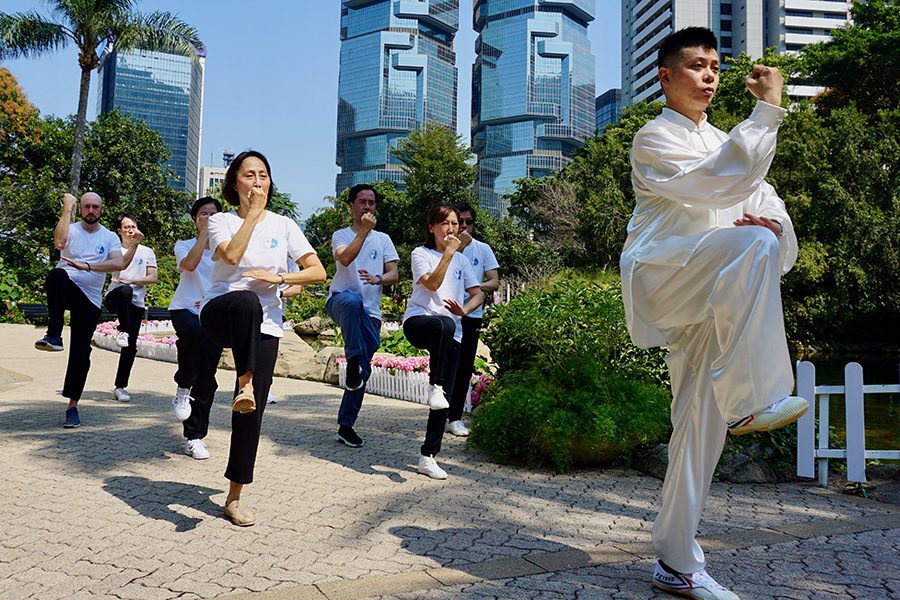
Credit: Chen Style Tai Chi Institute
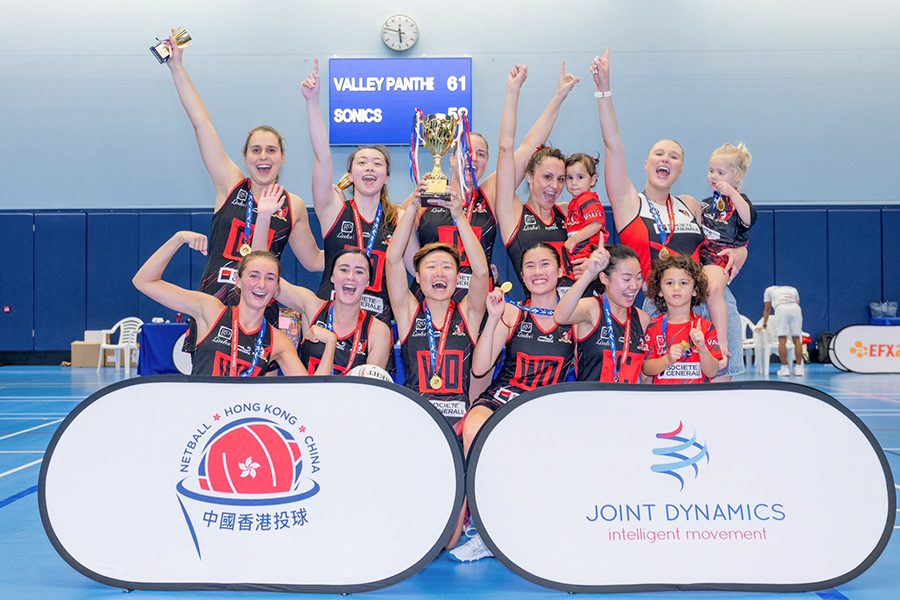
Credit: Takumi Photography

Credit: Geoff Booth
Find your tribe
A common strategy is turning exercise into a social activity. Mandy Tai, a member of the Hong Kong China netball team , recognises the importance of hitting the gym to work on strength and conditioning in addition to on-court practice, but that doesn’t mean it always comes naturally.
“To be honest, I’m not super passionate about going to the gym,” she admits with a laugh.
However, heading into a workout with her teammates at local netball club Valley RFC helps – both with team spirit and keeping each other accountable. “I think companionship is quite important. I play a team sport, so it’s good to get into that team environment.”
Geoff Booth, who entered a relay event in Hyrox last year as part of a team of four and became the world record holder for the 70-74 age group, agrees. He believes that “when you go along with a group in the morning, there’s a great energy.
“That little bit of energy you lack on your own,” he continues, “when you work out with a group of other people, they can supply the energy – and that can stimulate you. It’s a big help if they’re a good, encouraging group of people.”
That group for him comes in the form of Discovery Bay Dad Bods (perhaps a bit of a misnomer if you’ve seen their pictures), a community of people passionate about working out.
Even for disciplines that can be practised alone, a sense of community is valuable in overcoming a lack of motivation. Master Chow Chin Ching , founder of Chen Style Tai Chi Institute and a tai chi teacher, suggests that those struggling should “gather with your sports teams, friends and family. Sometimes you need to have connection with other people rather than concentrating by yourself.”
Especially for those who feel like they’ve hit a wall in their fitness or wellness journey, practising in the vicinity of others can help. “They can give you feedback… if you’re stuck by yourself and you [aren’t] able to figure out why,” says Chow.
For some, that social encouragement doesn’t necessarily involve training together. Finding support away from exercise can be what keeps them moving forward when the going gets tough.
“My girlfriend is my rock,” professional dancer Jon Spigner says. “If I’m losing passion with work… which is rare, but it happens, I just think about her and how at least I get to see her afterwards.”
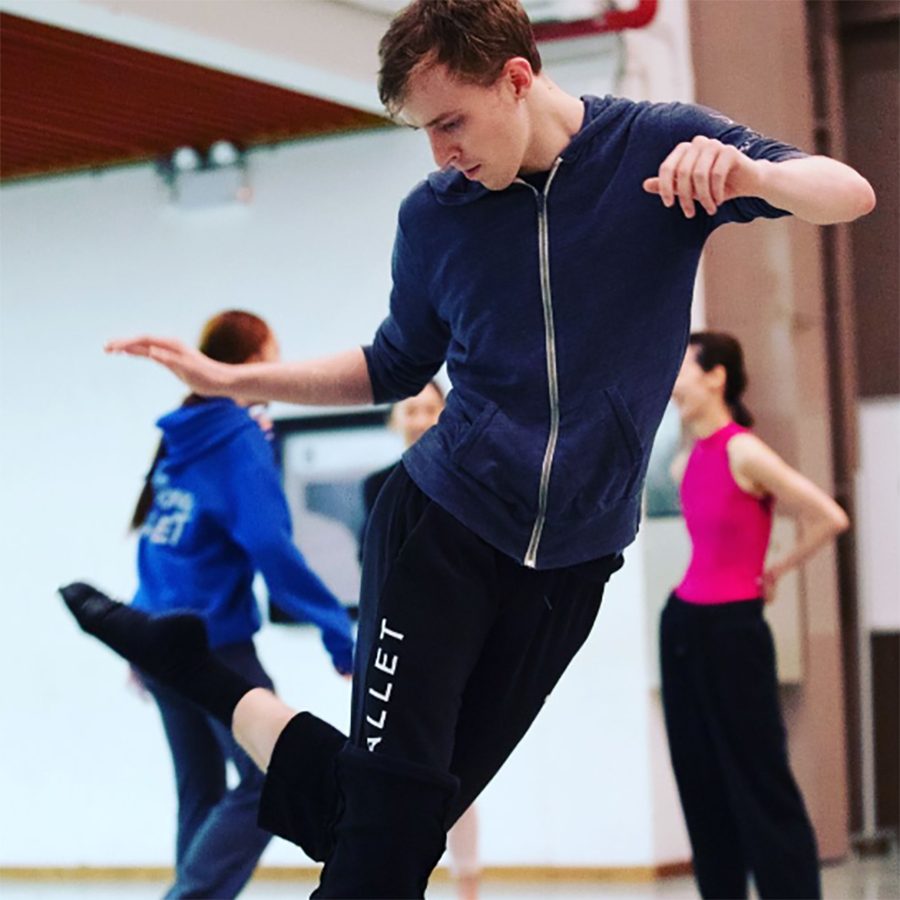
Credit: Jonathan Spigner
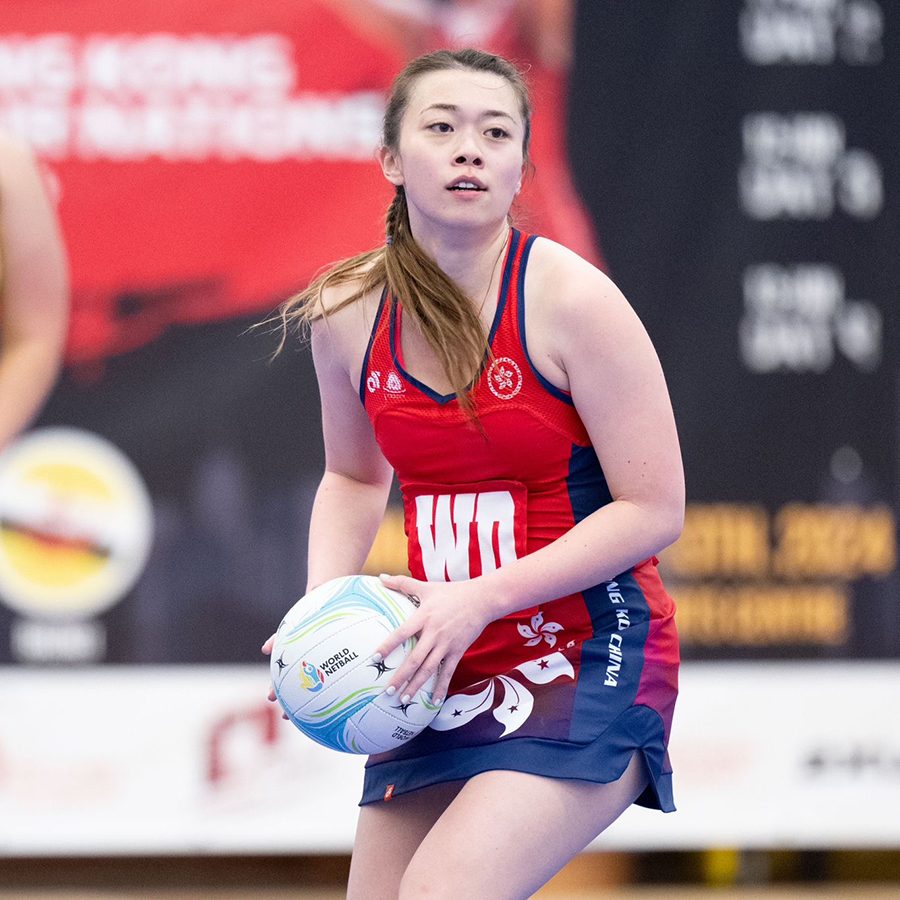
Credit: Takumi Photography
Follow your passion
A soloist with Hong Kong Ballet, as well as a Pilates instructor, Spigner also attributes his ability to stay motivated to his passion for dancing. “Passion is a big factor. It’s very important; you have to be passionate about what you do,” he says – passion helps fill in the gaps whenever there’s a bump in the road. “There are never easy days; it’s not going to be smooth the way you want it to.”
For Tai, passion plays a part in helping her improve. It’s not only about being competitive – she’s also motivated by achieving the goals she sets for herself.
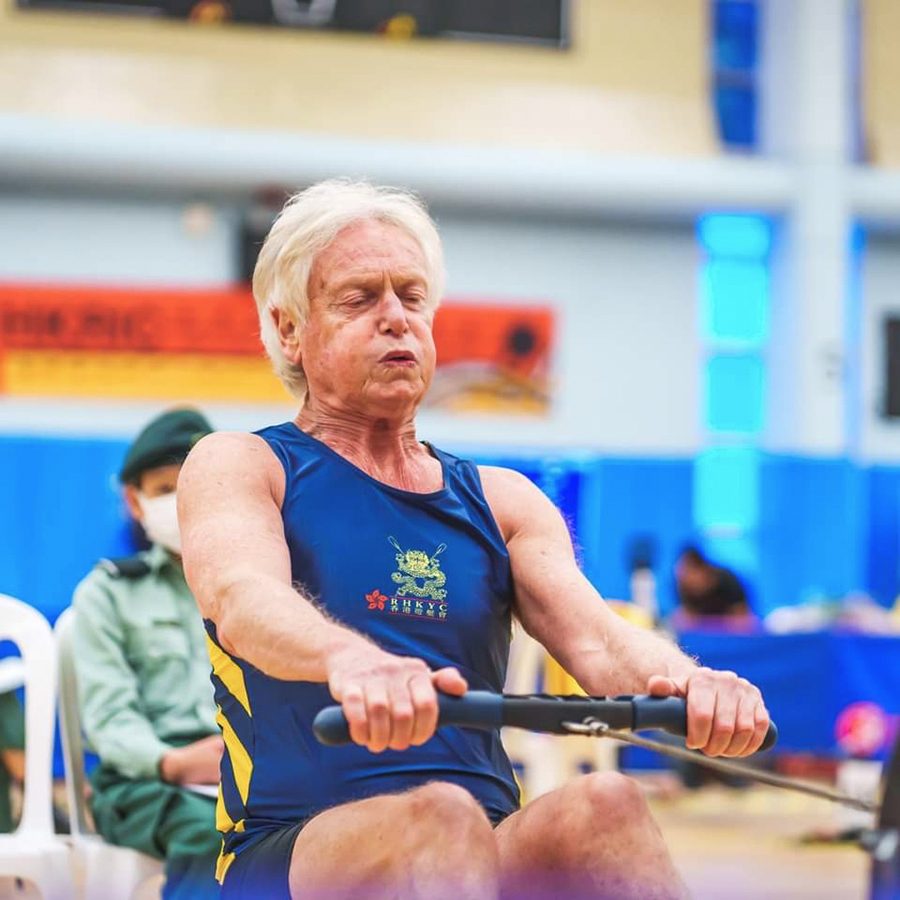
Credit: Geoff Booth

Credit: Chen Style Tai Chi Institute
Meanwhile, Chow and Booth have both experienced changes in the ways they’ve relied on passion throughout their respective journeys. While Chow believes that passion is the “main element that keeps you practising”, he also acknowledges that it’s necessary not to have a one-track mind and spend all your energy on what you like the most. Expanding your knowledge of your sport and taking the time to develop both physically and mentally is important in the long term, especially for practitioners of tai chi, which holds a lot of history and culture.
And Booth, who enjoyed his fair share of passion when he was a competitive rowing athlete in college, is aware of the dangers that too much passion can have – to the point of it consuming other aspects of your life. “You pour hours and hours and hours into it. You become a real bore,” he says.
Now, he advocates for a balanced lifestyle – one that has space for the physical, the social and the emotional. “Especially as you get older, yeah, you can carry on doing athletics, but in a balanced way.” These days, that includes enjoying a good workout, as well as a nice drink with his workout buddies afterward.
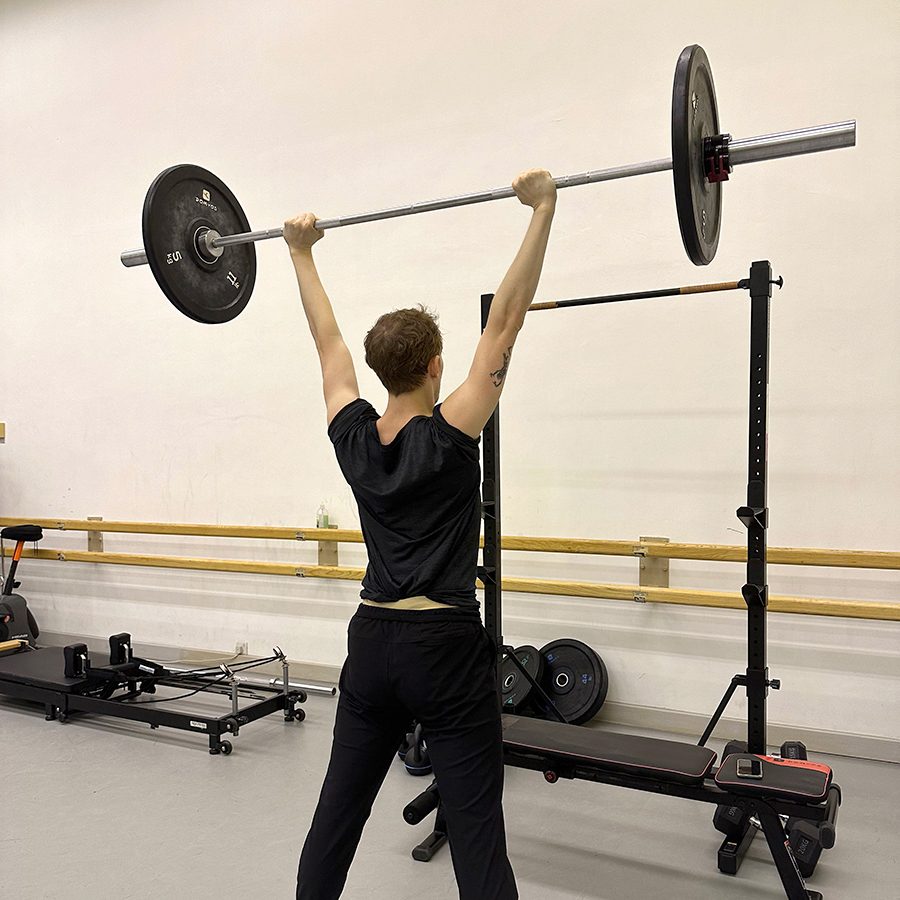
Credit: Jonathan Spigner
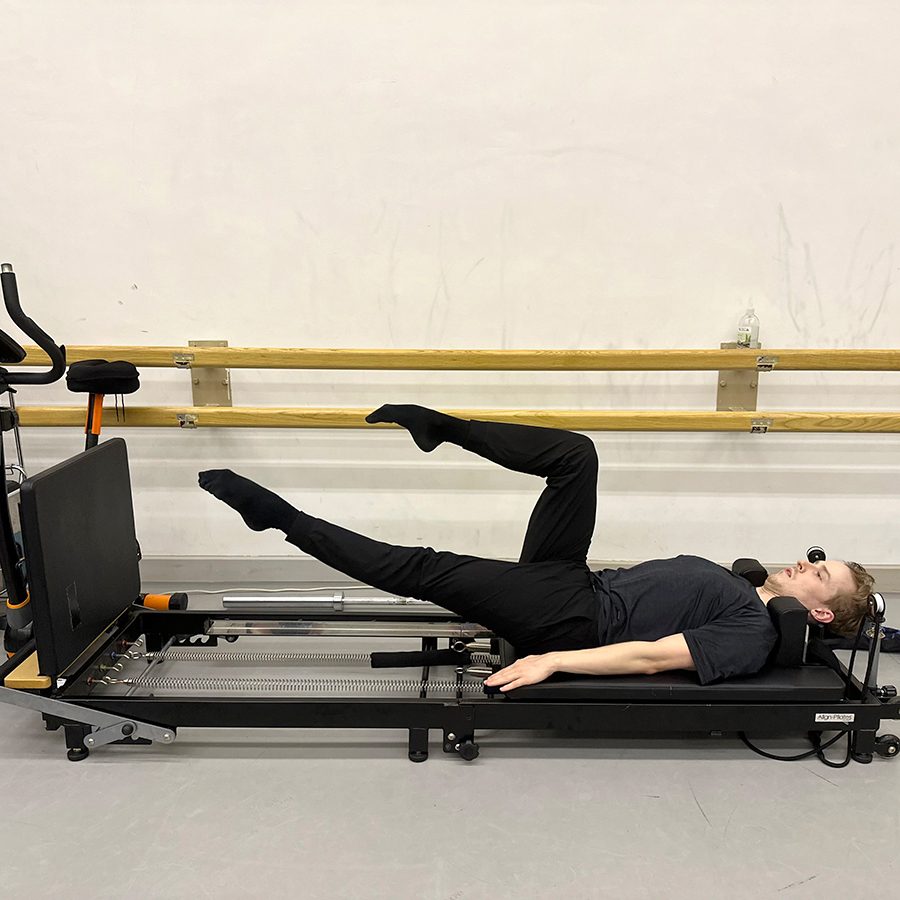
Credit: Jonathan Spigner
Know your body
Besides passion, the desire to stay physically healthy is certainly a driving force in staying motivated to exercise – especially as you get older. Booth has seen the difference in his peers between those who exercise and those who don’t. Not wanting to be “that person who’s out of shape” has also been enough motivation to stay active. According to him, the older you get, the more elusive motivation gets, while the negative effects of not exercising amplify. He cautions against going down that “slippery slope” and encourages keeping your peers in check.
On the flip side, emotional health is also important for staying motivated. Tai, who also works a day job, believes no one should neglect their self-image, which includes taking time to focus on yourself, figuring out who you want to be and realising that everyone progresses differently. For her, that was a lesson learnt from being unable to replicate what she saw on social media – a habit she seems much better defended against these days. “That sense of defeat doesn’t help. You might lose motivation to exercise,” she says, adding that “it’s really important to understand yourself and your body.”
If you’re really at the end of your rope, there’s nothing wrong with taking a break. Tai recommends something simple like stretching, taking a walk and getting out in the sun. In her opinion, a routine doesn’t have to be rigid.
It’s a similar story for Chow, who believes feeling unmotivated is a natural part of a cycle and reassures those struggling that motivation will eventually come back. He also recommends practising breathing exercises at a park to clear your mind.
Spigner has a slightly different strategy. By just going to the gym without pressuring himself into a workout he doesn’t feel like doing, he reinforces a habit of being in the space, but there’s never any expectation required.
“I showed up – that’s half the battle,” he says.
More inspiration
Hong Kong travel information
- China – the Chinese Mainland, Hong Kong SAR, Macao SAR and Taiwan Region
- Hong Kong SAR - English
- Chinese Mainland (China) - English
- Taiwan, China - English
- 香港特別行政區 - 繁體中文
- 中国內地 - 简体中文
- 中國台灣 - 繁體中文
- Africa
- South Africa - English
- Asia
- Bangladesh - English
- Korea - English
- Singapore - English
- Cambodia - English
- 한국 - 한국어
- Sri Lanka - English
- India - English
- Malaysia - English
- Thailand - English
- Indonesia - English
- Maldives - English
- ประเทศไทย - ภาษาไทย
- Indonesia - Bahasa Indonesia
- Myanmar - English
- Vietnam - English
- Japan - English
- Nepal - English
- Việt Nam - tiếng Việt
- 日本 - 日本語
- Philippines - English
- Australasia
- Australia - English
- New Zealand - English









